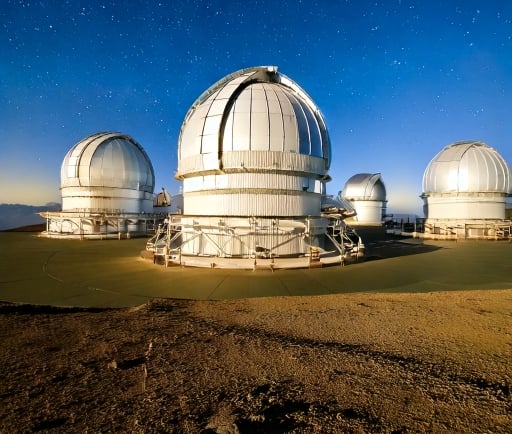The Dual Telescopes: W.M. Keck Observatory


Introduction to the W.M. Keck Observatory
The W.M. Keck Observatory, located atop Mauna Kea in Hawaii, is renowned for housing the largest telescopes in the world. Established in the 1990s, this observatory has radically advanced our understanding of the universe through its groundbreaking astronomical research. With a commitment to exploring deeper into space, the observatory provides insights into fundamental cosmic questions.
Technological Marvels at the W.M. Keck Observatory
One of the key features of the W.M. Keck Observatory is its twin telescopes, each with a primary mirror measuring 10-meter in diameter. These technological marvels utilize adaptive optics, which significantly enhance image quality by compensating for atmospheric distortion. This means astronomers can obtain clear images of objects within our solar system and beyond. The observatory also takes advantage of the pristine high-altitude location, which minimizes light pollution and atmospheric interference, thus allowing for exceptional observations of celestial phenomena.
Research and Discoveries
The W.M. Keck Observatory has been at the forefront of numerous discoveries that have expanded our knowledge of galaxy formation, black holes, and exoplanets. Researchers have conducted pivotal studies on the composition of distant galaxies, unveiling the secrets of their evolution over billions of years. Moreover, the observatory has played a crucial role in identifying potentially habitable exoplanets, thus exciting the scientific community about the possibility of life beyond Earth. With its state-of-the-art technology and skilled scientists, the Keck Observatory continues to be a beacon of discovery in the field of astronomy.
